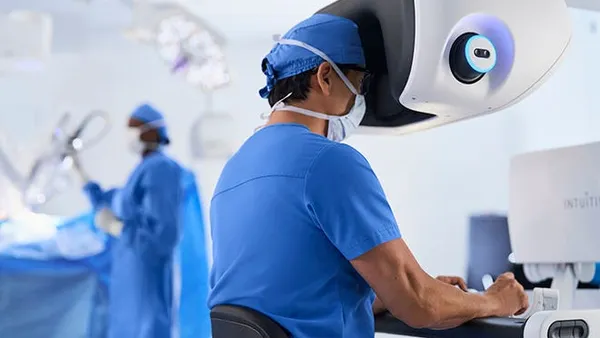Dive Brief:
- Bivacor has received breakthrough designation for its titanium total artificial heart, the company said Friday.
- The Food and Drug Administration designation could accelerate development of a device that recently kept a man alive for more than 100 days while he waited for a donor heart.
- Syncardia already sells an artificial heart, and Realheart and Carmat are developing total artificial hearts. Bivacor has touted that its device has a simple design that uses one moving part to pump blood around the body.
Dive Insight:
Bivacor has eliminated the valves, flexing ventricle chambers, pumping diaphragms and mechanical bearings used in other designs of total artificial heart. The titanium device houses a magnetically suspended rotor that sends pulses of blood around the body. The rotor is the device’s only moving part. A cord connects the device to either a portable power source or the mains.
Last year, Bivacor tested the device in five patients in the U.S. in an early feasibility study. The artificial heart supported the patients for up to one month while they waited in hospital for a donor heart. All the patients received a donor heart and were discharged from the hospital.
Later, a man in Australia had the device for 105 days while he waited for a donor heart. The man was the first person with the device to be discharged from the hospital while he waited for a heart transplant. When a heart became available, the patient underwent a successful transplant procedure.
The FDA cleared Bivacor to enroll a further 15 patients in its early feasibility study after seeing data from the first five people treated in the trial. Bivacor said it plans to start the expanded study later this year. The breakthrough designation positions the company to receive priority regulatory interaction with the FDA as it works to bring the device to market.
Bivacor has so far treated patients who were weeks or months away from a transplant, but the device is theoretically suitable for longer-term use. The absence of mechanical bearings in the device eliminates a source of friction and wear and Bivacor has designed the technology to pump enough blood to support an adult man during exercise.
A recipient of Syncardia’s artificial heart survived for almost four years before successfully undergoing a heart transplant. Most patients have the artificial heart for shorter periods of time, with one center reporting a median support time of 169 days across 190 patients.
Realheart and Carmat are also developing total artificial hearts. Realheart is aiming to win FDA approval for its device as both a destination therapy and bridge to transplant. Commercial implants of Carmat’s device have taken place in five countries.












